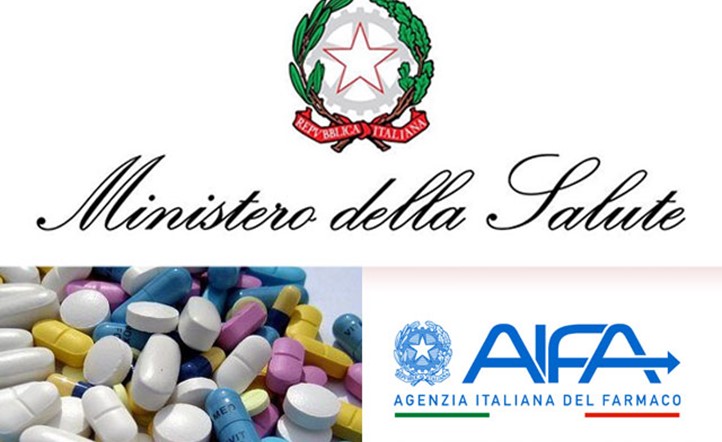NICE recommends 3 treatments for COVID-19 in final draft guidance

Everyone with COVID-19 at highest risk of developing severe disease will have access to clinically and cost-effective treatments, under final draft guidance published by NICE.
People at highest risk of developing severe disease include those who are immunosuppressed (for example, as a result of chemotherapy or having had an organ transplant), or who have other conditions such as heart disease, respiratory disease, diabetes, or neurological conditions.
The draft guidance means they will have access to treatments taken either at home or in hospital. It recommends 3 medicines as options for treating COVID-19 in adults:
- Paxlovid (also called nirmatrelvir plus ritonavir and made by Pfizer);
- Xevudy (also called sotrovimab and made by GlaxoSmithKline); and
- RoActemra (also called tocilizumab and made by Roche).
Because new COVID variants do develop over time, NICE has also announced that it is developing a new review process to update its recommendations on the clinical and cost-effectiveness of COVID-19 treatments so they can be made available more quickly to patients if they show promise against new variants and are found to be cost-effective. NICE will be launching a public consultation on proposals for the new rapid update process from 3 April. The surveillance, to spot emerging new variants and evidence that medicines work against them, is already in place and NICE has the ability to run an update as a pilot during the consultation period.
NICE was asked to review the clinical and cost-effectiveness of treatments for COVID-19, some of which are currently being used in the NHS under interim UK-wide pandemic-specific access arrangements.
Although much of the clinical evidence available to the independent committee was based on studies done before the emergence of the Omicron variant, Paxlovid, Xevudy and RoActemra are recommended because there is some evidence suggesting they are effective in treating COVID-19. These treatments were found to be cost-effective.
Paxlovid is recommended for adults who do not need supplemental oxygen for COVID-19 and who have an increased risk for progression to severe COVID-19, as defined in the independent advisory group report commissioned by the Department of Health and Social Care.
Xevudy is recommended for the same group where Paxlovid is contraindicated or unsuitable.
RoActemra is recommended for treating COVID-19 in adults who are having systemic corticosteroids and need supplemental oxygen or mechanical ventilation.
Helen Knight, director of medicines evaluation at NICE, said: “NICE is the first health technology assessment body in the world to look at the clinical and cost-effectiveness of COVID treatments outside of their use during the pandemic.
“We are pleased that, following the consideration of more clinical evidence and productive discussions with the company, we are now able to recommend Xevudy as a cost-effective option. This news will be particularly welcomed by people who can’t have Paxlovid and means that there is something for everyone with mild COVID-19 in the community that can help prevent the development of severe disease in those at highest risk.
“In recommending these treatments, we have been able to strike the right balance between their effectiveness and the best use of public funding as we come out of the pandemic, ensuring the NHS can continue to deliver maximum value to the taxpayer.”
Registered consultees, including the companies, groups representing patients and carers and organisations representing healthcare professionals, now have the opportunity to appeal the final draft guidance. If no appeals are received, NICE expects to publish its final recommendations on medicines to treat COVID-19 in March.
Until NICE publishes its final guidance, access to COVID medicines will continue to be guided by the published UK-wide clinical access policies agreed by the UK Chief Medical Officers under pandemic specific arrangements. Once published, the final guidance will supersede these policies and determine routine NHS access for these treatments.
